Who is Yang Tengbo, the ‘spy’ who came into the Palace?
Yang Tengbo, the alleged Chinese spy who befriended Prince Andrew while creating a web of senior political and business contacts, was able to operate freely in the UK for more than two decades. This is what we know about him.
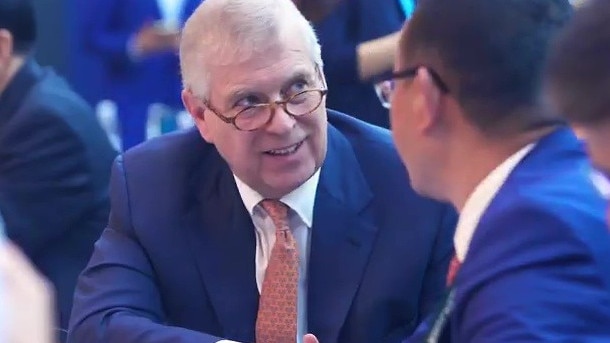
The alleged Chinese spy who befriended Prince Andrew while creating a web of senior political and business contacts has been unmasked as the businessman Yang Tengbo.
The identity of the former Chinese government official, previously known by the codename H6 and who used the name Christopher Yang, has been an open secret for years. His ban on entering the UK on national security grounds was upheld by a tribunal last week after it was told of his links with the Duke of York.
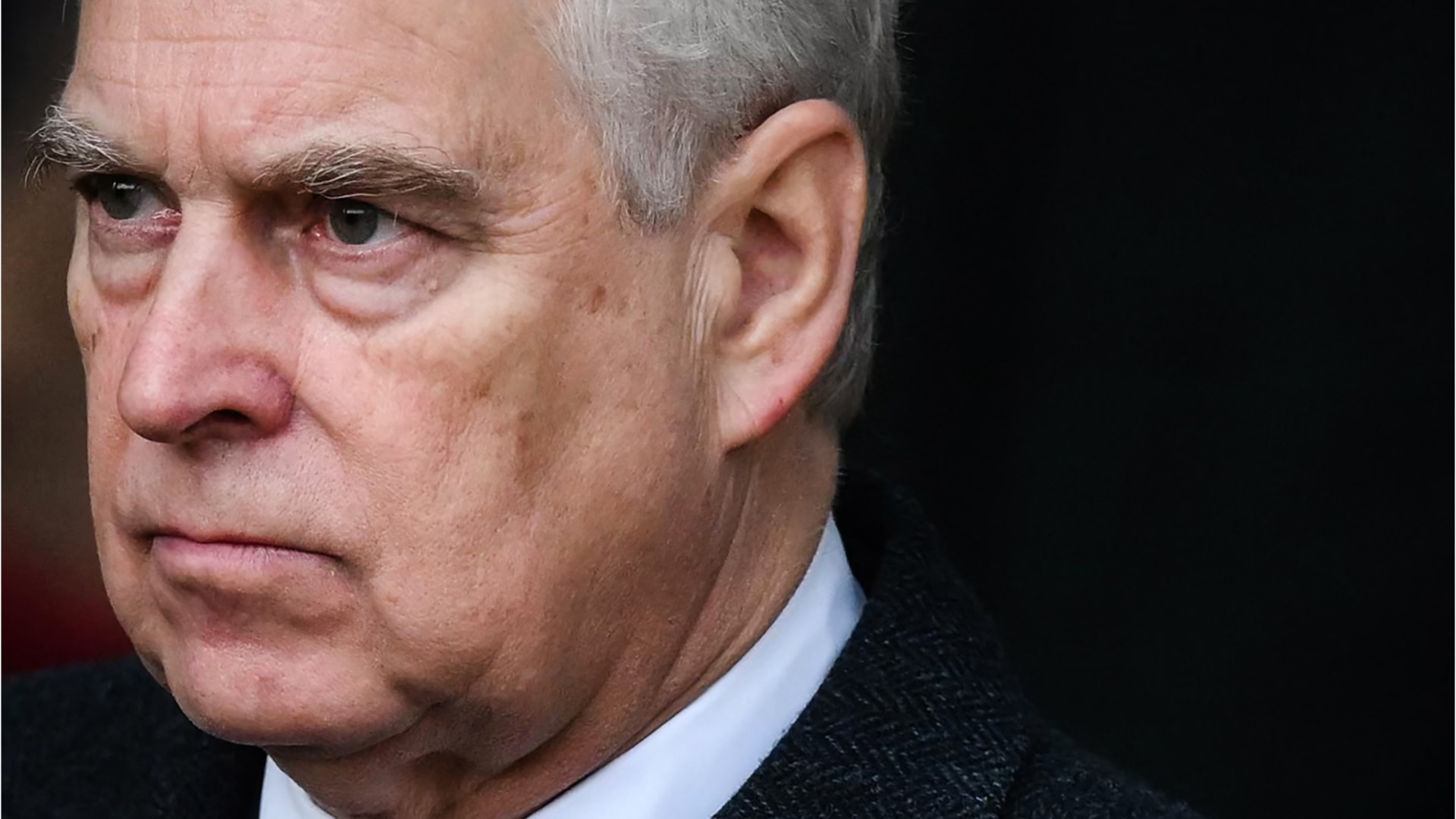
Yang’s lawyers originally appealed to have his anonymity maintained but on Monday agreed to the order being lifted. Richard Tice, the Reform MP, had said he would use parliamentary privilege to identify Yang if the courts did not do so.
Yang was able to operate freely for more than two decades during which time he befriended Andrew, met two prime ministers and cultivated influential contacts at the top of British society.
It can now be revealed that Yang was appointed by Andrew as the head of the Chinese arm of his Dragons’ Den-style entrepreneur business Pitch@Palace.
The duke, 64, invited Yang — described in the Court Circular as the founder-partner of Pitch@Palace China — to an evening meeting at Buckingham Palace in June 2018. Four days later Yang was back at the palace to meet Andrew with Wang Bingnan, the Chinese vice-minister of commerce.
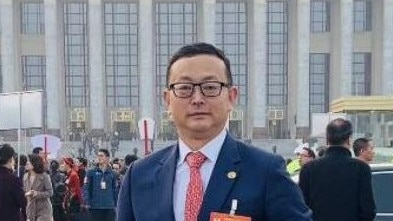
Six months later Andrew invited Yang to St James’s Palace for the global finals of Pitch@Palace attended by the Chinese ambassador to London. Andrew told the reception: “China has just as much innovation as anywhere else in the world — we’ve seen some extraordinary businesses come out of there.”
Yang also attended the duke’s 60th birthday party in 2020 at Royal Lodge in Windsor Great Park.
Andrew was the controlling party of Pitch@Palace’s Hong Kong branch and used Buckingham Palace as its official address, according to company documents seen by The Times.
He continued to control the company even after the palace removed his name and ceased using the Buckingham Palace address after revelations about the duke’s friendship with the disgraced financier Jeffrey Epstein.
By the time Yang met Andrew, he was an influential figure in China-UK relations. In 2014 he arranged the first UK-China Business Leaders Summit, where he was photographed with George Osborne, then the chancellor.
The businessman, 50, was born in Yunnan, southwest China. He graduated with a history degree from the local university before spending seven years working for a “national government agency”.
Yang moved to the UK in 2002 where it took him two attempts to obtain the minimum score required under the IELTS, an English test to study for a degree. This was followed by a short course on writing academic papers.
These qualifications were sufficient for him to win a place on a master’s degree course in public administration and public policy at the University of York. About a quarter of the students on the course were Chinese.
The BBC featured Yang in a profile on Chinese students in the UK in 2006. It described how “he forced himself to change his past thinking mode in Chinese and think and express in English, which would achieve twice the result with half the effort”.
In 2005 he founded Hampton Group and opened offices in the City of London. Seven years later he was granted indefinite leave to remain in the UK.
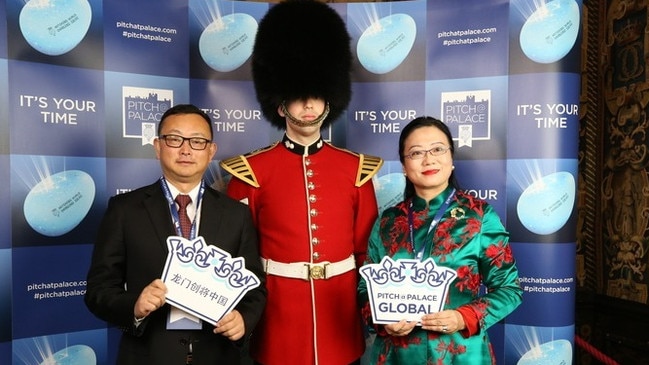
Hampton won a three-year deal with a PR firm in Beijing whose clients include China Central Television, the state broadcaster. He also assisted the 48 Group Club, a group of business and political figures in favour of closer ties with China.
Yang has described how Hampton has worked with some of Britain’s biggest companies with operations in China. He said his work included helping McLaren Automotive to introduce its high-end road car into China and advised GlaxoSmithKline when it was undergoing a whistleblowing investigation.
Hampton’s most recent accounts, filed in April and signed by Yang, record a profit of £5.65 million (AUD$11.2m). The company had an average of ten employees last year. Its holding company is based in the British Virgin Islands.
The website for Hampton, which also has offices in Beijing and Hong Kong, states that it “delivers strategic advisory, investment solutions and communications services to help leaders of international and Chinese companies solve business-critical challenges and seize unique opportunities”.
Jean Jameson, Hampton’s senior vice-president, was the UK secretary-general for the Chinese arm of Pitch@Palace.
Jameson, 60, moved from Shanghai to London in 1990. She was involved in the Chinese Olympic Committee’s “China House” program at the Olympic Games in London, Sochi and Rio de Janeiro. She was also involved in the UK-China Business Leaders Summits in 2014 and 2016. There is no suggestion she was involved in wrongdoing.
Yang is co-owner of Eurasia Global Partners, of which Andrew’s senior adviser, Dominic Hampshire, is a director. Hampshire appeared to act as a liaison between the duke and Yang, according to the immigration tribunal judgment. There is no suggestion of wrongdoing by Hampshire.
Yang is also co-owner of Coeus International with Sir Ron Dennis, the former chief executive of McLaren and a non-executive director at the Department for Science, Innovation and Technology from April last year to April this year.
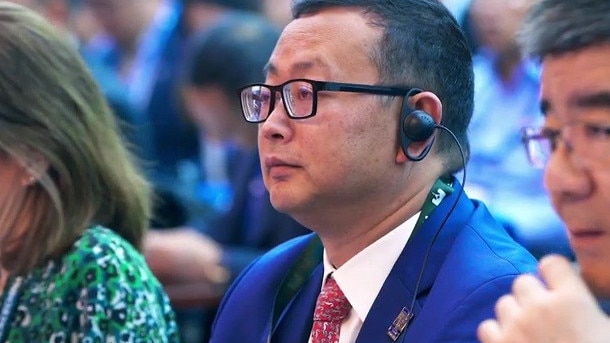
Dennis was suspended as chairman of McLaren after he attempted to engineer a $1.6 billion Chinese takeover in 2016. There is no suggestion Coeus or Dennis is involved in wrongdoing.
Concerns about Yang’s close links to the Chinese government were highlighted publicly in 2020 with the publication of a book, Hidden Hand: Exposing How The Chinese Communist Party Is Reshaping The World.
Hampton Group said at the time: “We have never lobbied UK politicians or public figures about China on behalf of the Chinese government.”
Yang described the Home Office’s concerns about him as “ill-founded”
Yang said in a statement that he had “done nothing wrong or unlawful” and the “widespread description of me as a ‘spy’ is entirely untrue”.
“Due to the high level of speculation and misreporting in the media and elsewhere, I have asked my legal team to disclose my identity,” he said.
“I have done nothing wrong or unlawful and the concerns raised by the Home Office against me are ill-founded. The widespread description of me as a ‘spy’ is entirely untrue.
“This is why I applied for a review of the Home Office decision in the first place, and why I am seeking permission to appeal the SIAC [Special Immigration Appeals Commission] decision. It is also why an order extending my anonymity up to the point of determination of the appeal process was granted.
“I have been excluded from seeing most of the evidence that was used against me under a process which is widely acknowledged by SIAC practitioners as inherently unfair: decisions are made based on secret evidence and closed proceedings, which has been described as ‘taking blind shots at a hidden target’.
“On their own fact finding, even the three judges in this case concluded that there was ‘not an abundance of evidence’ against me, their decision was ‘finely balanced’ and there could be an ‘innocent explanation’ for my activities. This has not been reported in the media.
“The political climate has changed, and unfortunately, I have fallen victim to this. When relations are good, and Chinese investment is sought, I am welcome in the UK. When relations sour, an anti-China stance is taken, and I am excluded.
“I am an independent self-made entrepreneur and I have always aimed to foster partnerships and build bridges between East and West. I have dedicated my professional life in the UK to building links between British and Chinese businesses. My activities have played a part in bringing hundreds of millions of pounds of investment into the UK.
“I built my private life in the UK over two decades and love the country as my second home. I would never do anything to harm the interests of the UK.”
The Times

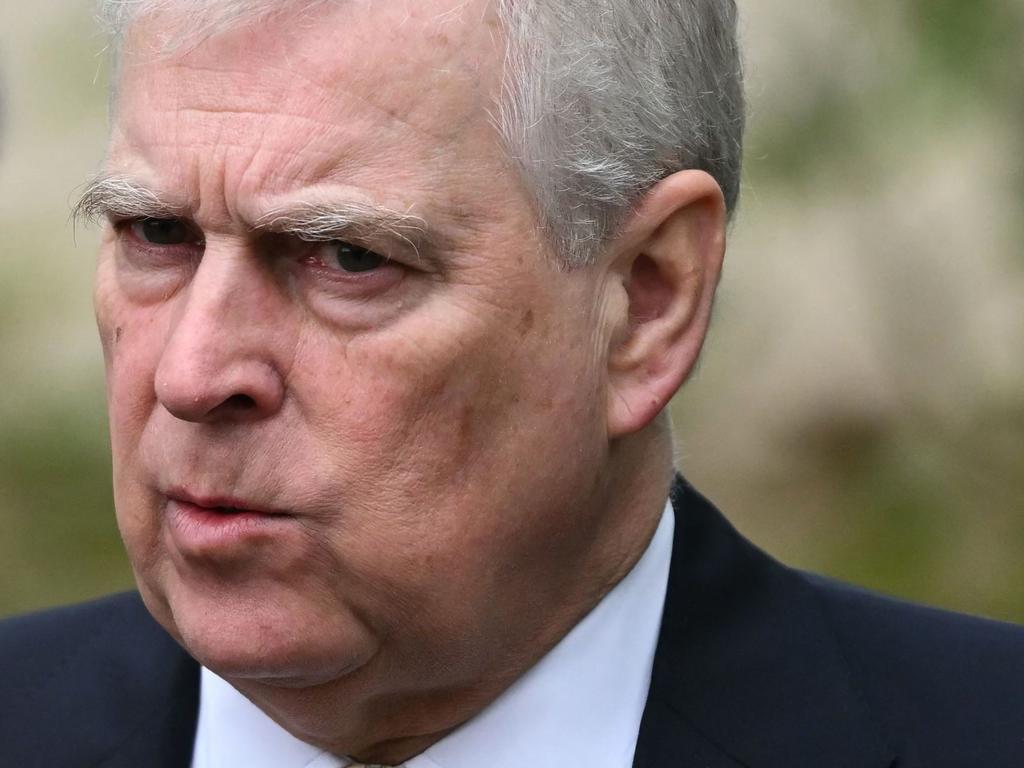




To join the conversation, please log in. Don't have an account? Register
Join the conversation, you are commenting as Logout